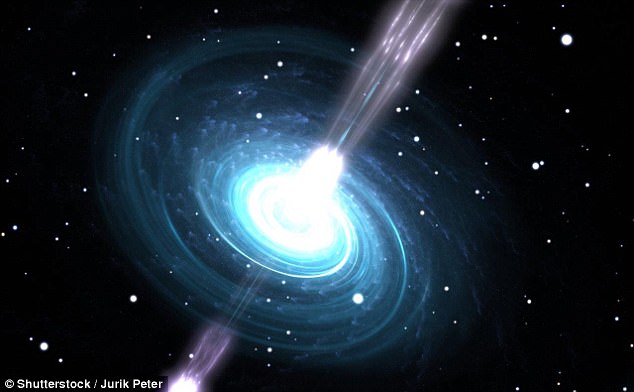WASHINGTON: Scientists are inviting the public to lend their computers to unlock the secrets contained in gravitational waves observed when black holes smash together.
First predicted by Albert Einstein in 1916, gravitational waves are ripples or disturbances in space-time that encode important information about changing gravitational fields.
Laser Interferometer Gravitational-Wave Observatory (LIGO)’s first detection of gravitational waves from colliding black holes in 2015 opened a new window on the universe, enabling scientists to observe cosmic events spanning billions of years and to better understand the makeup of the Universe.
For many scientists, the discovery also fuelled expansion of efforts to more thoroughly test the theories that help explain how the universe works — with a particular focus on inferring as much information as possible about the black holes prior to their collision.
Zachariah Etienne, an assistant professor at West Virginia University in the US is leading a global volunteer computing effort to better interpret data from the detection of gravitational waves.
Since the 2015 discovery, LIGO and Virgo have detected gravitational waves from eight additional black hole collisions. This month, LIGO and Virgo began new observing runs at unprecedented sensitivities.
“As our gravitational wave detectors become more sensitive, we’re going to need to greatly expand our efforts to understand all of the information encoded in gravitational waves from colliding binary black holes,” Etienne said in a statement.
“We are turning to the general public to help with these efforts, which involve generating unprecedented numbers of self-consistent simulations of these extremely energetic collisions,” he said.
“This will truly be an inclusive effort, and we especially hope to inspire the next generation of scientists in this growing field of gravitational wave astrophysics,” he added.
The team needs computing capacity to run the simulations required to cover all possibilities related to the properties and other information contained in gravitational waves.
“Each desktop computer will be able to perform a single simulation of colliding black holes,” said Etienne.
By seeking public involvement through use of vast numbers of personal desktop computers, researchers hope to dramatically increase the throughput of the theoretical gravitational wave predictions needed to extract information from observations of the collisions.
“The simulations we need to perform, with the public’s help, are designed to fill large gaps in our knowledge about gravitational waves from these collisions by covering as many possibilities as we can,” Etienne said.
The team is building a website with downloadable software designed to help harness the processing power of thousands of personal computers across the globe.
The project named BlackHoles@Home is expected to be up and running later this year. (AGENCIES)
Trending Now
E-Paper


